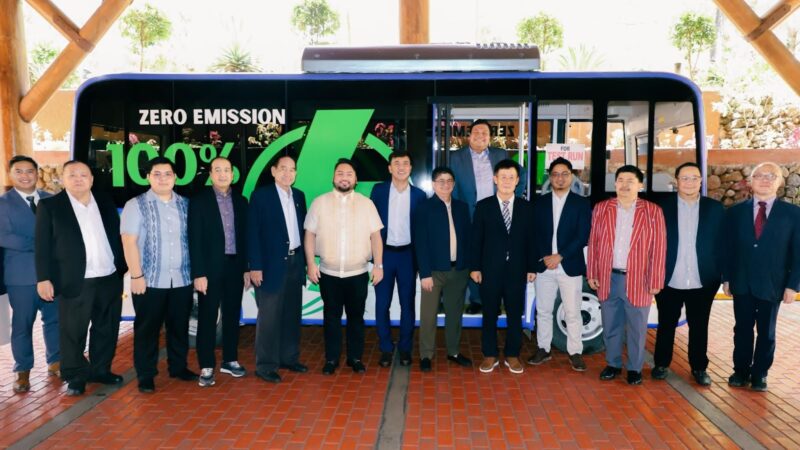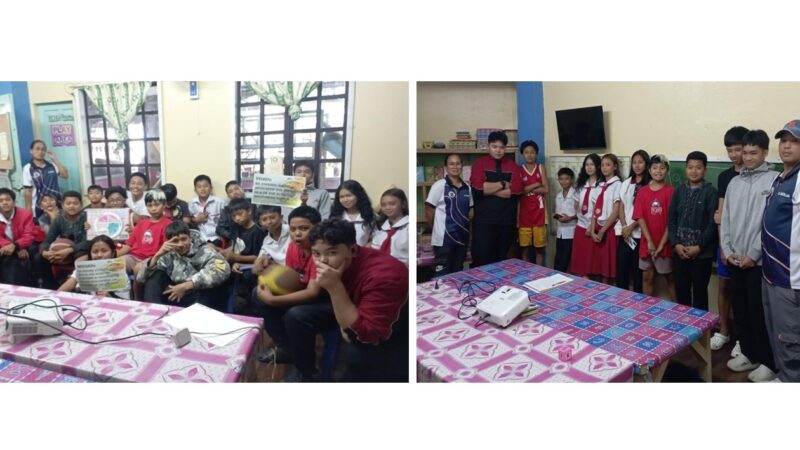Transport cooperators told to undergo business enterprise trainings
The City Council, during last Monday’s regular session, approved a resolution encouraging accredited transport service cooperatives and corporations in the city to undergo business enterprise trainings and other related trainings as part of improving the state of the city’s transport industry.
In the said resolution, local legislators made reference on a report on the assessment of the Philippine Transport Sector of the Asian Development Bank (ADB) where it identified the challenges of the transport business as inter-related to include the poor quality of the road network, poor inter-modal integration, weak sector governance and institutional capacity, lack of quality urban transport systems and limited private investment in transport infrastructure which contribute to urban traffic congestions.
Further, the ADB study also mentioned that supporting private sector participation remain the key to strengthening the transport sector which is rather relevant in the city since the greater majority of the transport and mobility is owned and operated by the private sector.
Earlier, Resolution No. 318, series of 2021 requested the Land Transportation Franchising and Regulatory board (LTFRB) in the Cordillera for a list of considered transport groups, cooperatives and corporations plying the city routes.
Subsequently, the LTFRB-CAR submitted to the local legislative body a list in compliance to the aforesaid resolution.
According to the council, there are several business enterprise trainings conducted by various government agencies available for organized groups like the transport service cooperatives and corporations which can greatly improve the performance of the city’s transport industry in technology and in economic opportunities.
In a study presented on the Development of the Cooperative Intelligent Transport System in Thailand, a prospective approach by Aroonrot Chusakun et al, they mentioned that smart mobility is becoming an alternative technology of transportation development for the present and the future.
Incidentally, Thailand has applied the intelligent transport system to improve traffic and transport services and that success to the project is generally dependent on collaboration between private, public and government agencies in policy making and planning, coupled with an inclusive agreement and technological knowledge in the field.
The said study argued that Thailand’s automatic transportation has been successful because of cooperative information technology system.
The council noted that the Department of Trade and Industry (DTI) through its Philippine Trade Training Center provides adequate training for adult education and offers training programs for micro, small and medium enterprises according to their level of development from start up, growing, expanding, to sustaining enterprise level.
Moreover, it is also classified by track of business modelling, human capital building and production capacity building.
In the city, there are faith-based organizations, character city council and other groups giving character transformation seminars and training for the public, including the transport business towards a responsible citizenry. — Dexter A. See




